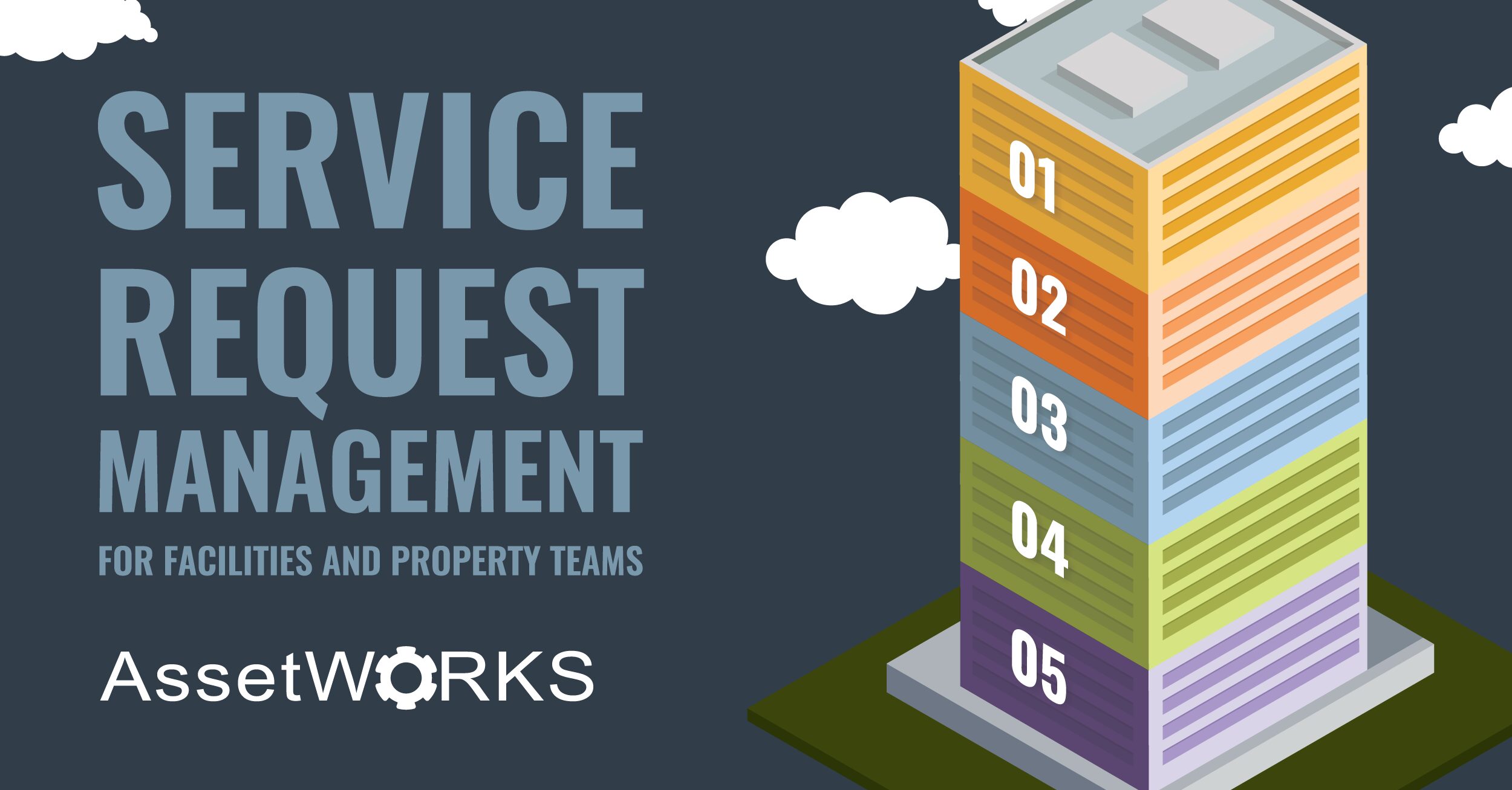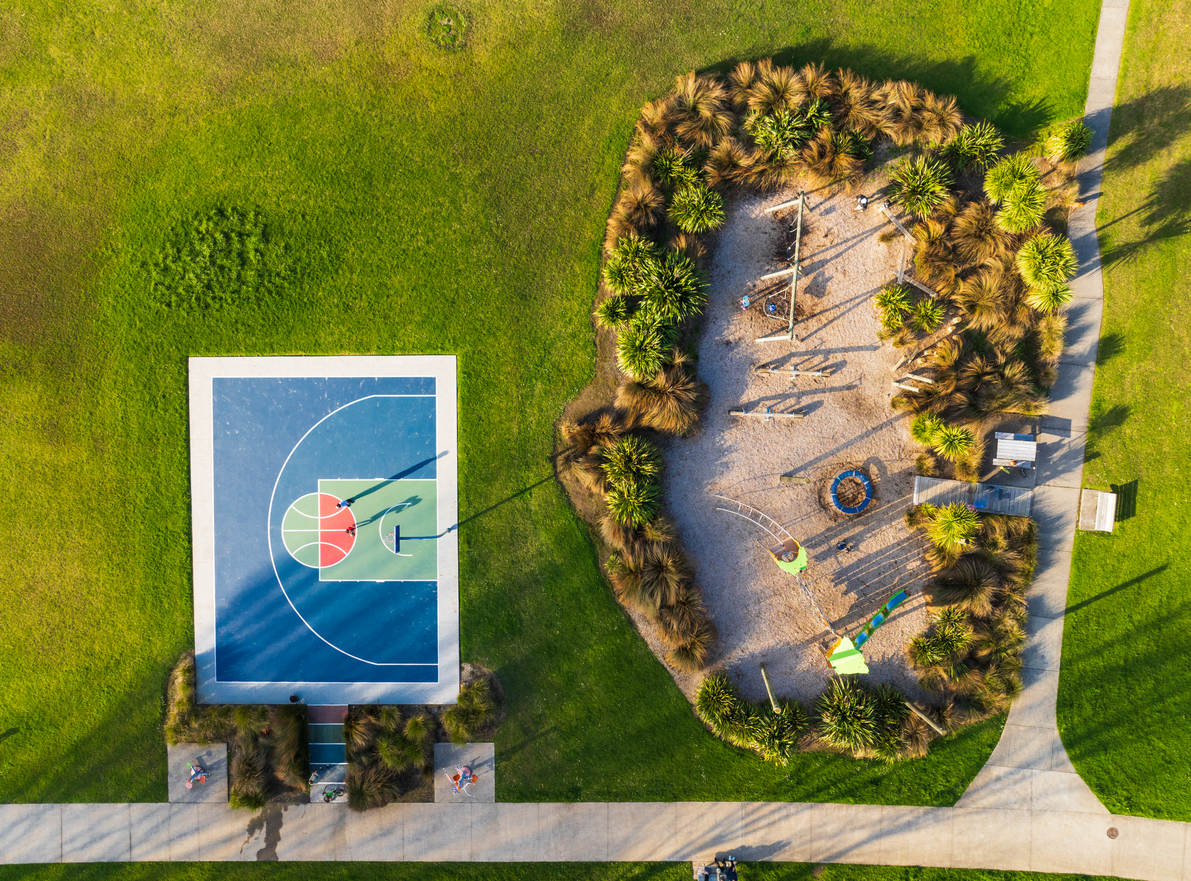Parks need funds to maintain and upkeep their facilities, including landscaping, mowing, trash removal, cleaning, repairs, and general maintenance. Regular maintenance ensures parks remain safe, clean, and attractive for visitors.
Parks and recreation departments can generate revenue through various strategies and initiatives. Before implementing revenue-generating strategizes, parks departments should consider their local community’s needs and interests in these six ways before strategizing how to gain additional revenue.
1. Rental Revenue
Parks frequently offer amenities like community centers, sports fields, picnic areas, and pavilions that can be rented for various occasions, including events, parties, weddings, sports tournaments, and other gatherings.
To begin, consider renting the following:
- Renting Facilities: Renting buildings, rooms, sports fields, and picnic areas can raise capital.
- Renting Parking Lots and Streets: Many events need space like parking lots, such as churches, schools, and non-profits looking for outdoor gathering space.
- Equipment Rentals: Rent out tennis rackets, basketballs, pickleball paddles, and more!
2. Program Fees Revenue
Parks and recreation departments can generate extra income through recreation programs and classes. Parks departments often already offer programs and activities, including sports leagues, fitness classes, art workshops, and summer camps. By implementing registration or participation fees for these programs, parks and recreation departments can contribute to their revenue generation efforts.
3. Special Events Revenue
Hosting special events such as concerts, festivals, farmers’ markets, or holiday celebrations within park areas can draw in visitors and generate income through various means, including ticket sales, fees, sponsorships, and concession stands.

4. Concession and Vending Revenue
Concessions, leasing, and other partnerships are other ways to generate revenue for parks and recreation departments. Parks can lease out spaces to vendors offering food and beverage services, equipment rentals, or other recreational services. Collecting a percentage of their sales or charging rent for the use of park facilities can provide a steady stream of revenue.
5. Sponsorships and Advertising Revenue
Parks and recreation departments can generate revenue by leveraging advertising and sponsorship agreements. Partnering with local businesses, corporations, or nonprofit organizations to sponsor park initiatives, events, or facilities can generate additional revenue. In exchange, sponsors may receive acknowledgment and branding opportunities.
Additionally, selling advertising space or showcasing sponsored signage within parks is another way to generate income. Departments can display advertisements in parks, sports fields, department websites, digital screens within facilities, catalogs, brochures, newsletters, and program registration software.
6. Tax-Related Revenue
Parks and recreation departments can generate revenue through taxes because the public is generally more inclined to vote in favor of such initiatives.
Here are some methods that parks and recreation departments employ to increase their revenue through taxes:
Property Tax Revenue
By collaborating with local officials and raising awareness among the public about the value of parks and recreational opportunities, departments can gain public support for property taxes.
Park Impact Fees
Developers get charged park impact fees to offset the costs of new parks and recreational facilities in newly developed areas. As new residents move into these areas, maintenance expenses of parks will increase. Departments can establish specific fees to address these expenses.
Landscape Lighting District
By establishing a landscape lighting district, parks and recreation departments can generate revenue specifically dedicated to covering the costs of installing and maintaining lighting in parks and other public spaces.
Community Facility District
Parks and recreation departments can impose fees to help finance any construction, operation, and maintenance.












